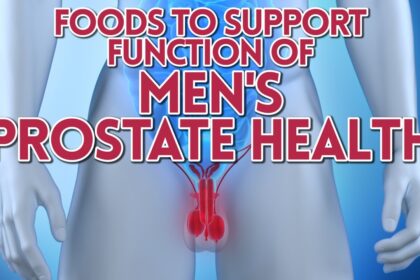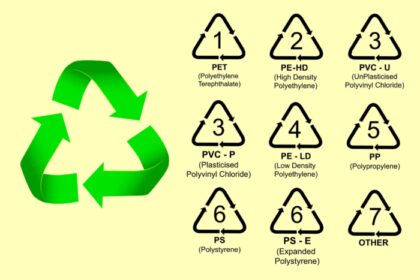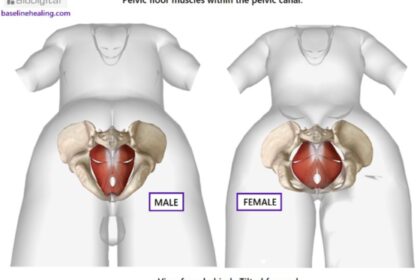People With Hypothyroidism Tend To Be Cold Often
This Main Food Group Harms Your Iodine Absorption
Goitrogens are substances found in certain foods that can interfere with the absorption of iodine, a mineral that is essential for the production of thyroid hormones. When the body doesn’t get enough iodine, the thyroid gland becomes enlarged in an effort to capture more iodine from the bloodstream, a condition known as a goiter.
Goitrogens work by interfering with the process by which iodine is taken up by the thyroid gland. Iodine is first absorbed by the bloodstream and then taken up by specialized cells called follicular cells in the thyroid gland. These cells then use iodine to produce thyroid hormones.
Goitrogens interfere with this process by altering the structure of the follicular cells, making it more difficult for them to take up iodine. They can also block the activity of enzymes that are involved in the production of thyroid hormones.
Some examples of goitrogens once again are:
- certain vegetables such as broccoli, cauliflower, and kale (avoid kale completely, click here to read why)
- soy products
- cassava, millet
- certain nuts such as almonds and peanuts – These are also sprayed with a lot of pesticides which can further exacerbate the issue at hand.
Two Important Nutrients For Iodine Absorption
There are two key nutrients that are necessary for Iodine to absorb in the body properly. Vitamin C and selenium. Both of these are crucial as they are necessary cofactor nutrients needed for iodine to be absorbed and utilized properly by the body.
Vitamin C has research showing the importance of it improving Iodine absorption. The study showed a highly significant decrease in iodine uptake by thyroid tissues in vitamin C deficient fish as compared to the controls. However, the blood and other non-thyroid tissues recorded a significant increase in absorption and distribution of iodine.
Click Here To Get 15% Off My Favorite Whole Foods Vitamin C Supplement.
Beyond Vitamin C, Selenium is Important Also..
Hypothyroidism Lacks Thyroid Hormone Production
Hypothyroidism is a condition in which the thyroid gland, a butterfly-shaped gland located in the neck, is not able to produce enough thyroid hormones. These hormones play a crucial role in regulating the body’s metabolism, as well as other important functions such as heart rate and body temperature.
The most common cause of hypothyroidism is an autoimmune disorder called Hashimoto’s thyroiditis, in which the immune system mistakenly attacks the thyroid gland. Other causes can include radiation therapy to the neck, surgery to remove the thyroid gland, and certain medications.
Symptoms of hypothyroidism can vary and may include fatigue, weight gain, sensitivity to cold, dry skin, constipation, and depression. In some cases, the symptoms may be mild and go unnoticed. In other cases, they can be severe and debilitating.
It is important to eat a healthy diet, get plenty of rest, sunshine, stay hydrated and move your body to keep things from becoming stagnant and sickly.
Recommended Hypothyroid Support:
1. An organic whole food vitamin C supplement that you can get by clicking here! 15% off! Get it while supplies last!
2. An Organ meat supplement to supply plenty of selenium as well as strengthen the organs in the body as a whole. Click here to get that for 15% off.
3. A good iodine supplement as well as a good selenium supplement. I recommend GHC for their detoxadine iodine as well as their selenium supplement. Click here to visit. They are both great.





